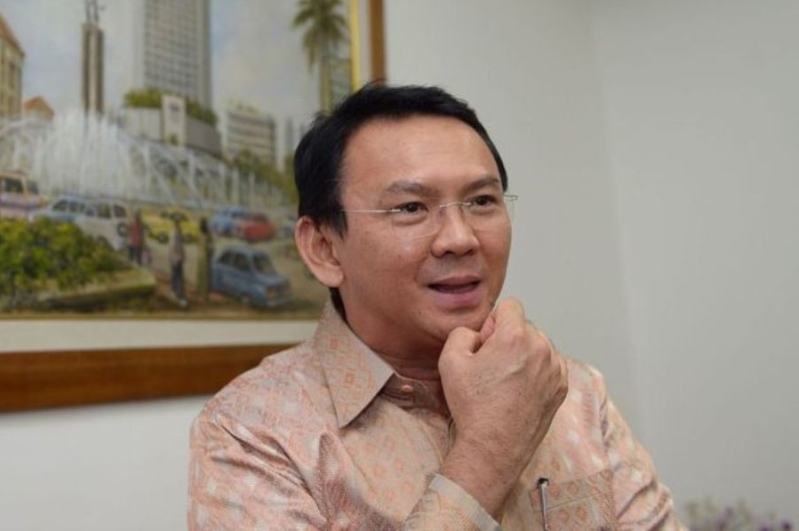
Basuki Tjahaja Purnama, the Christian governor of Jakarta in Indonesia, denied insulting Islam in the first day of a trial in which he is blamed of blasphemy. As a non-Muslim governor of the capital of Indonesia, Purnama was accused of misusing a Qur'anic verse to gain votes during his pre-election campaign -- a verse that suggests Muslims should not be ruled by non-Muslims. His case is being perceived as a test of religious liberty in Indonesia, which is about 87 percent Islamic and home to 12.7 percent of the world's Muslims.
Purnama denies the charges, and said his comments were aimed at politicians "incorrectly" using the verse against him, reports Christian Today. He insists his alleged remarks were not directed at the verse itself, which can be interpreted as prohibiting Muslims from living under non-Muslim rule.
Indonesia the most populous Muslim country in the world. Christians represent less than 10 percent of the 250 million population there. If convicted, Purnama could face a five-year jail sentence.
These accusations came after Purnama made a speech in September at Thousand Islands saying Islamic groups were using the text against him to deceive voters. Hundreds of thousands took to the streets in November in front of the State Palace (Istana Negara) to protest against the Chinese-born governor, but his supporters circulated a video in which they stated his comments had been edited with misleading subtitles to change what he actually said.
Purnama allegedly said in the video that people should not be deceived by those using Surat Al-Ma'ida verse 51 to not elect non-Muslims as their leaders. He soon after was named a suspect of blaspheming the Quran by Indonesia law.
The protest rally was a show of strength by conservative Islamic groups, who want to weaken Purnama as he runs for re-election, reports the New York Times. American and Australian Embassy officials had warned their citizens to stay away from the protest zone.
Indonesia technically guarantees freedom of religion in its constitution, but only six religions are recognized. Rigorous blasphemy laws are in place.
Purnama, 50, is the 17th governor of Indonesia. He is well-known by his Hakka Chinese nickname, Ahok. He is the second governor with Chinese ancestry, and the second Christian governor of Jakarta, following Henk Ngantung, who was governor during the period 1964 to 65.
The governor repeatedly apologized to Muslims who were offended by his remark, but he has rejected calls to withdraw from the election for governor in February, which he is heavily favored to win. "There was no intention to insult religion," he said.
If he wins, he would be the first ethnic Chinese Christian directly elected to the office, the most powerful provincial post in the country.
"Precisely because religion and ethnicity are as such not electoral factors, Ahok's opponents have to up the game," said Marcus Mietzner, an associate professor at the Australian National University in Canberra, who closely follows Indonesian politics. "Instead of claiming that Ahok shouldn't be governor because he's a Christian -- which hasn't worked -- they try to portray him as a blasphemist who violated the law."






